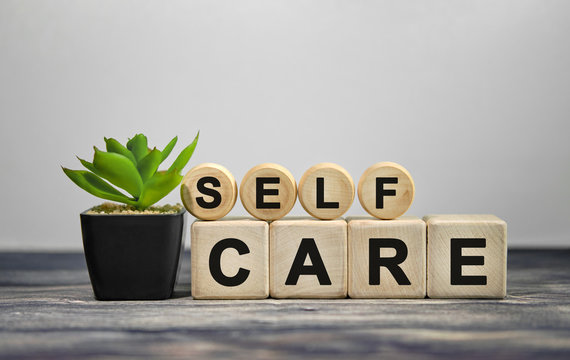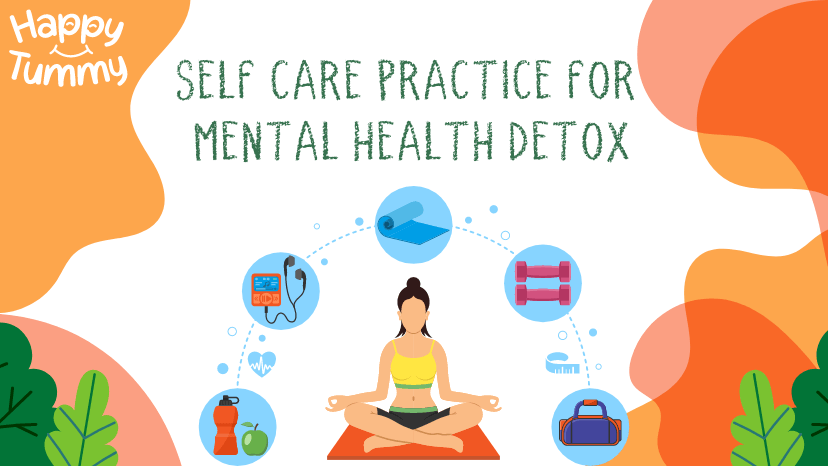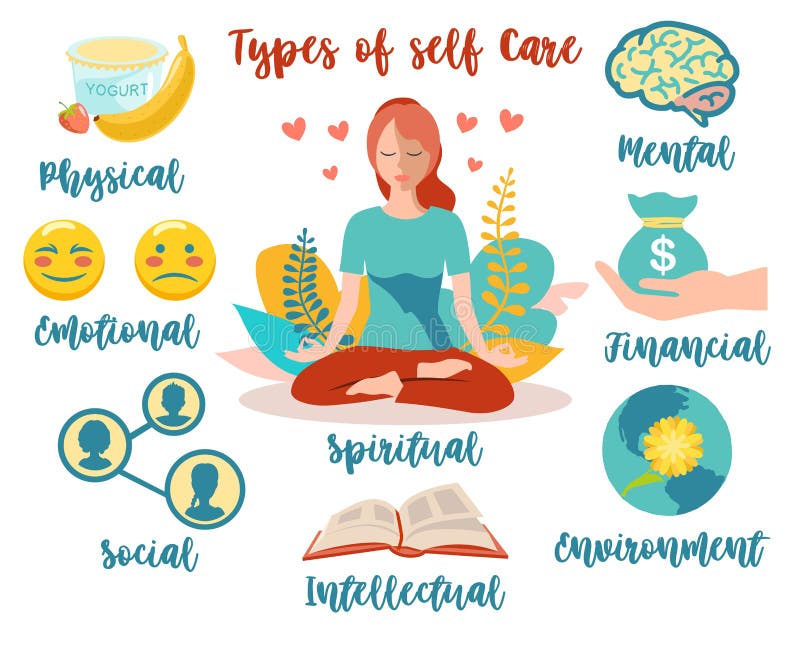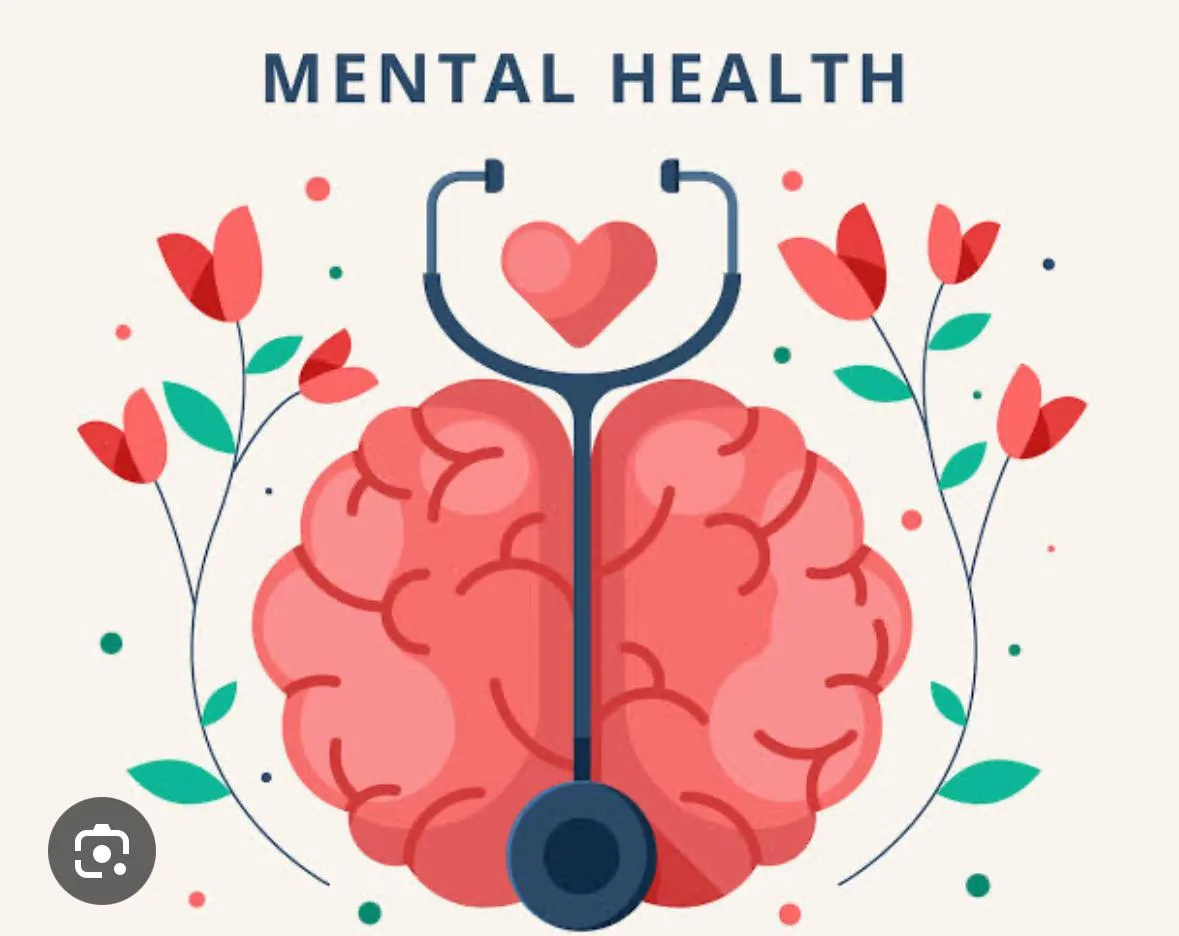6 Ways to Boost Mental Health & Self-Care for Well-Being
Introduction: Why Mental Health Matters
In today’s fast-paced and highly connected world, mental health is more important than ever. Yet, it often remains neglected or misunderstood. While physical health has long been a focus of personal and public attention, mental well-being is still battling stigma, misinformation, and lack of resources.
Mental health includes our emotional, psychological, and social well-being. It affects how we think, feel, and act. It also determines how we handle stress, relate to others, and make choices. Good mental health isn’t simply the absence of mental illness—it’s the presence of positive characteristics such as resilience, balance, emotional awareness, and the capacity to enjoy life.
In this blog, we’ll explore the significance of mental health, the connection between mental health and self-care, practical self-care strategies, and how you can create a lifestyle that supports long-term emotional well-being.

Part 1: Understanding Mental Health
What Is Mental Health?
Mental health encompasses our emotional, cognitive, and social capacities. It affects how we manage stress, connect with others, and navigate life’s ups and downs. Good mental health allows individuals to:
- Cope with normal life stressors
- Work productively
- Enjoy fulfilling relationships
- Contribute meaningfully to their communities
Common Mental Health Challenges
While nearly everyone faces mental health struggles at some point, certain conditions are especially prevalent:
- Anxiety Disorders: Including generalized anxiety disorder, panic disorder, and social anxiety.
- Depression: Characterized by persistent sadness, loss of interest in activities, and fatigue.
- Bipolar Disorder: Marked by dramatic shifts in mood, energy, and activity levels.
- PTSD (Post-Traumatic Stress Disorder): Caused by traumatic events and persistent distress.
- Eating Disorders, OCD, and others also affect mental well-being deeply.
These conditions are not signs of weakness. They are health issues that require understanding, compassion, and professional support.
Part 2: The Link Between Self-Care and Mental Health
What Is Self-Care?
Self-care refers to the intentional actions we take to maintain and improve our physical, emotional, and mental well-being. It’s not a luxury or indulgence; it’s a necessity. The World Health Organization defines self-care as “the ability of individuals, families and communities to promote health, prevent disease, and cope with illness and disability with or without the support of a health worker.”
Why Is Self-Care Essential for Mental Health?
Self-care helps:
- Regulate emotions by reducing stress and anxiety.
- Boost resilience in the face of daily challenges.
- Prevent burnout, especially in caregiving and high-stress professions.
- Improve focus, energy, and productivity.
- Enhance self-worth through acts of self-compassion.
Regular self-care routines can help manage existing mental health issues and prevent new ones from emerging.

Part 3: Types of Self-Care and How to Practice Them
1. Physical Self-Care
Your body and mind are deeply interconnected. When your body is cared for, your mental health benefits as well.
Key Practices:
- Exercise: Regular physical activity boosts endorphins and reduces symptoms of anxiety and depression.
- Sleep: Aim for 7–9 hours of quality sleep per night. Poor sleep affects mood, cognition, and stress levels.
- Nutrition: A balanced diet rich in omega-3s, fiber, and vitamins can improve brain health.
- Hydration: Dehydration can worsen fatigue and irritability.
2. Emotional Self-Care
This involves being in tune with your emotions and learning how to process them in healthy ways.
Key Practices:
- Journaling: Writing down your thoughts can help process complex feelings.
- Therapy: Talking with a licensed therapist can offer professional guidance.
- Mindfulness & Meditation: These techniques help you stay grounded and reduce emotional reactivity.
- Creative Outlets: Art, music, dance, or other forms of expression can be therapeutic.
3. Social Self-Care
Humans are social beings. Nurturing our connections contributes to a strong support system.
Key Practices:
- Spending time with loved ones: Regular social interaction helps reduce loneliness and isolation.
- Setting boundaries: Protecting your energy from toxic relationships is a vital form of self-care.
- Seeking support: Don’t hesitate to ask for help from friends or mental health professionals.
4. Mental & Intellectual Self-Care
Keeping your mind stimulated and engaged helps promote emotional wellness.
Key Practices:
- Reading or learning new skills
- Puzzles, games, and mental challenges
- Taking breaks from screens and social media
- Listening to educational podcasts or watching documentaries
5. Spiritual Self-Care
For many, spirituality provides a sense of purpose, peace, and belonging.
Key Practices:
- Meditation or prayer
- Spending time in nature
- Exploring personal values and beliefs
- Volunteering or acts of kindness

Part 4: Creating a Personalized Self-Care Plan
Self-care is not one-size-fits-all. Your plan should reflect your lifestyle, preferences, and current challenges.
Step 1: Assess Your Needs
Ask yourself:
- What areas of my life feel unbalanced?
- Where am I feeling overwhelmed?
- What activities bring me joy or calm?
Step 2: Set Realistic Goals
Start small. A five-minute daily walk or five deep breaths in the morning can be transformative over time. Avoid setting perfectionist expectations.
Step 3: Make It Routine
Incorporate self-care into your daily or weekly routine. Treat it like any other essential task—because it is.
Step 4: Track Your Progress
Use a journal or an app to monitor how your practices affect your mood, energy, and productivity. Adjust as needed.
Part 5: Overcoming Barriers to Self-Care
Despite the benefits, many people struggle to practice self-care consistently. Here’s why—and how to address it:
1. Guilt
People often feel guilty for taking time for themselves. Remember: Self-care isn’t selfish; it’s self-preservation. You can’t pour from an empty cup.
2. Time Constraints
Busy schedules are a common barrier. Look for small, manageable changes: five-minute meditations, stretching while watching TV, or saying “no” to unnecessary obligations.
3. Mental Health Challenges
Conditions like depression can sap motivation and make self-care feel impossible. In such cases, professional help is essential. Therapy and medication, combined with support and self-compassion, can help rebuild the foundation for self-care.

Part 6: When to Seek Professional Help
While self-care is crucial, it’s not a substitute for professional treatment. Seek help if you experience:
- Persistent sadness or anxiety
- Drastic changes in mood, appetite, or sleep
- Difficulty functioning in daily life
- Thoughts of self-harm or suicide
Therapists, counselors, psychiatrists, and support groups provide invaluable help. There’s no shame in reaching out—getting help is a sign of strength.
Conclusion: Prioritizing Your Mental Well-Being
Taking care of your mental health is not a trend—it’s a lifelong necessity. By integrating self-care into your life and recognizing the signs that professional help is needed, you take ownership of your well-being.
The journey to mental wellness is personal and ongoing. It involves listening to yourself, responding with compassion, and embracing a lifestyle that supports your emotional needs. Remember: just like physical fitness, mental wellness takes practice, patience, and persistence.
Let today be the day you take your mental health as seriously as your physical health—because you deserve to feel whole, balanced, and well.
Resources and Further Reading
- Therapy Locator
- Books:
- The Body Keeps the Score by Bessel van der Kolk
- Radical Acceptance by Tara Brach
- Self-Compassion by Kristin Neff
must visit– zkfundaweb.com





Post Comment